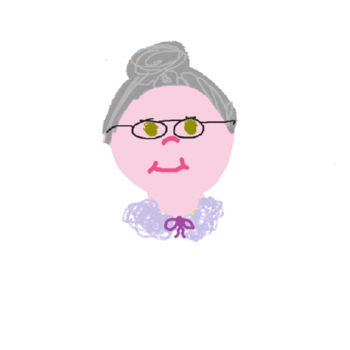What is the singular possessive case?
1 Answer
The singular possessive case is a singular noun or pronoun (a word for one person or thing) that indicates something belongs to that person or thing.
Explanation:
Possessive case nouns indicate ownership, possession, origin, or purpose.
Possessive case nouns use an apostrophe to form a possessive noun.
For a singular noun that does NOT end with an S add an apostrophe s ('s) to the end of the noun to form the possessive. Examples:
- Jane's hat is new.
- I put the note on the teacher's desk.
- I made this month's payment.
There are two accepted possessive forms for singular nouns that DO end with an S.
Add an apostrophe (') after the existing s at the end of the word.
Examples:
- The meeting is in the boss' office.
- Jess' mother will pick us up.
Add an apostrophe s ('s) after the existing s at the end of the word.
Examples:
- The meeting is in the boss's office.
- Jess's mother will pick us up.
For a plural noun that ends with an S, add an apostrophe (') after the ending s (s'). Examples:
- The hangers' colors are used to indicate garment size.
- We stopped to admire the Jacksons' garden .
- The doctors' offices are in a separate building.
For plural nouns that do NOT end with an S, add an apostrophe s ('s) to the end of the word (the same as a singular noun that doesn't end with an S). Examples:
- They installed new equipment at the children's playground.
- You'll find men's shoes on the second floor.
There are two types of pronouns that indicate possession, the possessive pronouns and the possessive adjectives.
- A possessive pronoun takes the place of the noun that belongs to someone or something.
They are: mine, yours, his, hers, its, ours, theirs.
- A possessive adjective is placed before a noun to describe that noun as belonging to someone or something.
They are: my, your, his, her, its, our, their.
Pronouns do NOT use an apostrophe to form a possessive.
Examples for possessive pronouns:
- George lives on this street. The house on the corner is his.
- The winning entry is yours .
- Mine is the car with the ticket on the windshield.
Examples for possessive adjectives:
- George lives on this street. His house is on the corner.
- Your entry is the winner.
- My car has the ticket on the windshield.

